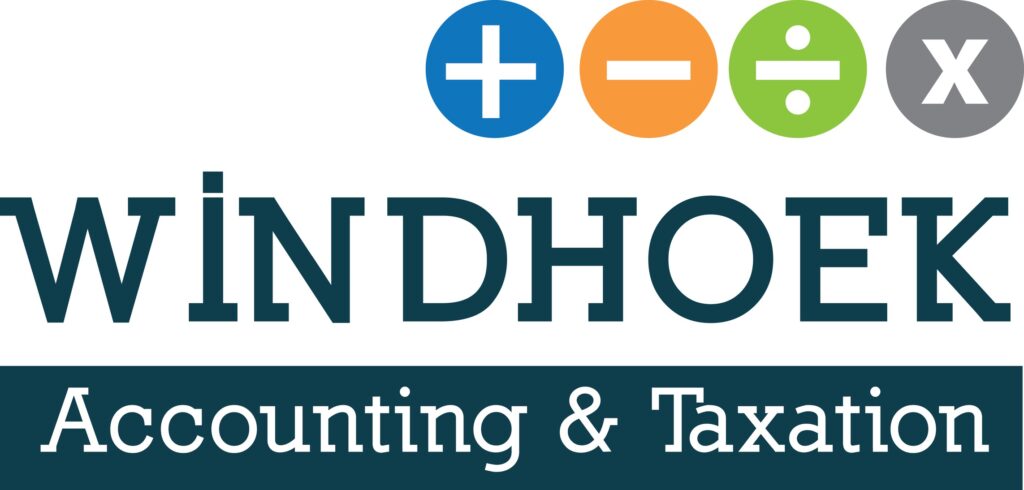Business compliance in Namibia involves adhering to a range of regulations set by statutory institutions. These requirements ensure that businesses operate legally, ethically, and transparently while contributing to the country’s economic growth. Failing to meet these obligations can result in penalties, legal actions, or even the closure of the business.
In this article, we’ll explore compliance requirements across key statutory institutions in Namibia and provide insights on how businesses can stay compliant.
Key Statutory Institutions and Their Compliance Requirements
1. Business and Intellectual Property Authority (BIPA)
(source)
• Purpose: Oversees business registration and intellectual property protection.
• Compliance Requirements:
• Register the business (company, close corporation, or sole proprietorship).
• Submit annual returns to maintain the business’s active status.
• Update company information, such as changes in directors, shareholders, or address.
• Penalties: Late submission of annual returns can lead to penalties or deregistration.
2. Namibia Revenue Agency (NAMRA)
(source)
• Purpose: Administers tax collection and enforcement.
• Compliance Requirements:
• Register for a tax number upon incorporation.
• File periodic tax returns (income tax, VAT, payroll taxes).
• Pay taxes on time to avoid penalties and interest.
• Penalties: Late filing or non-payment of taxes results in fines, interest charges, or legal action.
3. Social Security Commission (SSC)
(source)
• Purpose: Manages employee benefits like maternity leave, disability, and death benefits.
• Compliance Requirements:
- Register employees with SSC within 30 days of employment.
- Deduct and remit SSC contributions monthly (1.8% of gross salary shared between employer and employee).
- Submit annual returns with employee details.
• Penalties: Non-compliance may result in fines or suspension of business operations.
4. Ministry of Labour, Industrial Relations, and Employment Creation
(source)
• Purpose: Regulates labor practices and workplace conditions.
• Compliance Requirements:
• Ensure employment contracts comply with the Labour Act, 2007.
• Provide fair wages, safe working conditions, and leave entitlements.
• Register workplace accidents with the Employee Compensation Fund.
• Penalties: Violations of labor laws can lead to inspections, fines, or legal disputes.
5. Environmental Commissioner (Ministry of Environment, Forestry, and Tourism)
(source)
• Purpose: Ensures sustainable environmental practices.
• Compliance Requirements:
- Obtain Environmental Clearance Certificates (ECCs) for projects with environmental impact.
- Comply with environmental management plans and reporting obligations.
• Penalties: Operating without an ECC or breaching environmental laws can result in hefty fines or project shutdowns.
6. Public Procurement Board
(source)
• Purpose: Governs public procurement processes.
• Compliance Requirements:
• Register on the Procurement Supplier Database.
• Submit tax clearance and good standing certificates for tenders.
• Penalties: Non-compliance can result in disqualification from tenders.
Common Challenges in Compliance
1. Administrative Delays:
• Delayed filing of annual returns or tax submissions due to lack of awareness or proper systems.
2. Changing Regulations:
• Frequent updates to laws and policies can confuse businesses, leading to accidental non-compliance.
3. Resource Constraints:
• Small businesses may struggle to allocate resources for compliance activities.
Tips for Maintaining Compliance
1. Stay Informed:
• Regularly review updates from statutory institutions to understand changes in regulations.
2. Maintain Accurate Records:
• Keep detailed financial, tax, and employee records for audits and filings.
3. Leverage Technology:
• Use accounting software to track taxes, payroll, and deadlines.
4. Consult Professionals:
• Engage experts like Windhoek Accounting & Taxation for tailored advice and support.
How Windhoek Accounting & Taxation Can Assist
At Windhoek Accounting & Taxation, we provide comprehensive compliance services to ensure your business operates within the legal framework:
- Annual Returns Management: Ensure timely submission to BIPA.
- Tax Compliance: Assistance with tax filings, registrations, and resolving disputes with NAMRA.
- Payroll and SSC Compliance: Seamlessly manage employee registrations and contributions.
- Environmental Compliance: Support with applications for Environmental Clearance Certificates.
Conclusion
Compliance with Namibia’s statutory institutions is not just a legal requirement but a foundation for sustainable business growth. By understanding and fulfilling these obligations, businesses can avoid penalties, build trust, and contribute to Namibia’s economic development.
If you need expert guidance to navigate compliance requirements, contact Windhoek Accounting & Taxation today. Let us handle your compliance so you can focus on growing your business!


